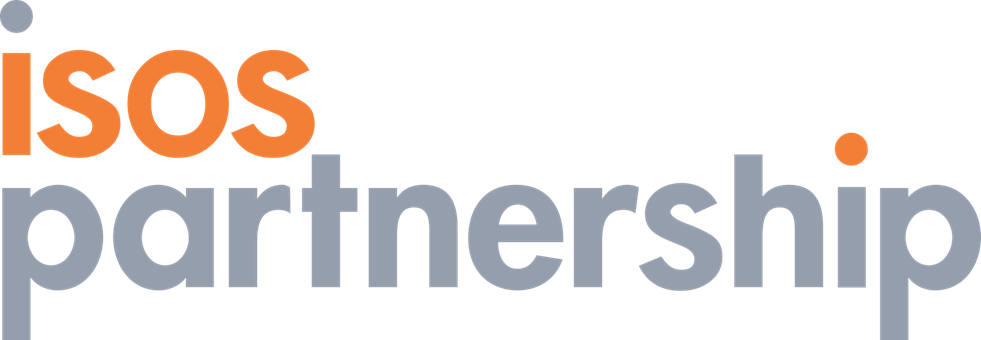Research and evaluation
Research to understand how 16-19 institutions support students with additional needs
‘Isos PArtnership achieved all of the aims and objectives of our project; they met their delivery milestones, often working to short deadlines to achieve them.’
— Rob Cirin, Department for Education
The brief
In spring 2015, the Department for Education (DfE) commissioned Isos Partnership to lead a research project that sought to understand how institutions that provide education for young people aged 16-19 use their resources to support students with additional needs. The research aimed to provide a clear picture of how institutions planned and evaluated their use of resources, what drove decisions about how resources were used to support students with additional needs, and whether and how these patterns differed across different types of institutions.
What did we do?
We brought together a research team with expertise in carrying out large-scale national research projects, in engaging strategic leaders in schools and colleges, and in supporting young people with additional needs. We approached the research in three phases.
Developing an informed research strategy and sample – during this phase, we worked with our partners at the National Foundation for Educational Excellence (NFER) to study the existing research literature in order to inform our research themes and questions. We also worked with NFER to develop a small, broadly representative, random stratified sample of 20 mainstream 16-19 institutions that we would engage in the research.
In-depth fieldwork visits to 20 schools and colleges – we carried out visits to each of the 20 institutions, working closely with each institution’s leaders, additional needs / student support leads, and finance leads to gather qualitative and quantitative evidence on how institutions supported students with additional needs, and how this differed across different types of institutions.
Testing our findings and developing our recommendations – in the final phase of the research, we collated and analysed the evidence we had gathered, and worked closely with colleagues from the DfE to test and refine our overall findings, drawing on their knowledge of the national policy context and wider 16-19 education system. We shaped these messages into a final research report, and worked with the 20 institutions to develop case studies of effective practice to illustrate our key findings.
What difference did we make?
We developed a detailed, evidence-based research report that sought to inform both national policy-makers and local practice within 16-19 institutions. The report set out:
the ways 16-19 institutions planned and evaluated their spending on students with additional needs;
a set of five common categories of support for students with additional needs on which 16-19 institutions were using their formula funding;
the ways in 16-19 institutions were using bursary funding to enable students with additional needs to access their education; and
the challenges facing 16-19 institutions and the implications for different types of institutions for how they supported students with additional needs.
In our final report, we set a small number of proposals for both 16-19 institutions and national policy-makers to consider based on the findings and implications of our research. The report was published by DfE in December 2015, and has been used by colleagues at the heart of government to inform decisions about future 16-19 funding policy, specifically relating to students with additional needs.
What did those involved say about the work?
‘The work with Isos Partnership has helped positively demonstrate the various ways we support students and learners with additional needs. The report was not only accurate but also sufficiently detailed to demonstrate the uniqueness of our organisation. We feel being involved with the process allowed us to reflect and feel confident that we are doing everything possible to support our students while continuing to improve.”’
— Riverside College, Widnes & Runcorn – one of the participating institutions
‘Isos Partnership achieved all of the aims and objectives of our project; they met their delivery milestones, often working to short deadlines to achieve them.’
— Rob Cirin, Department for Education

